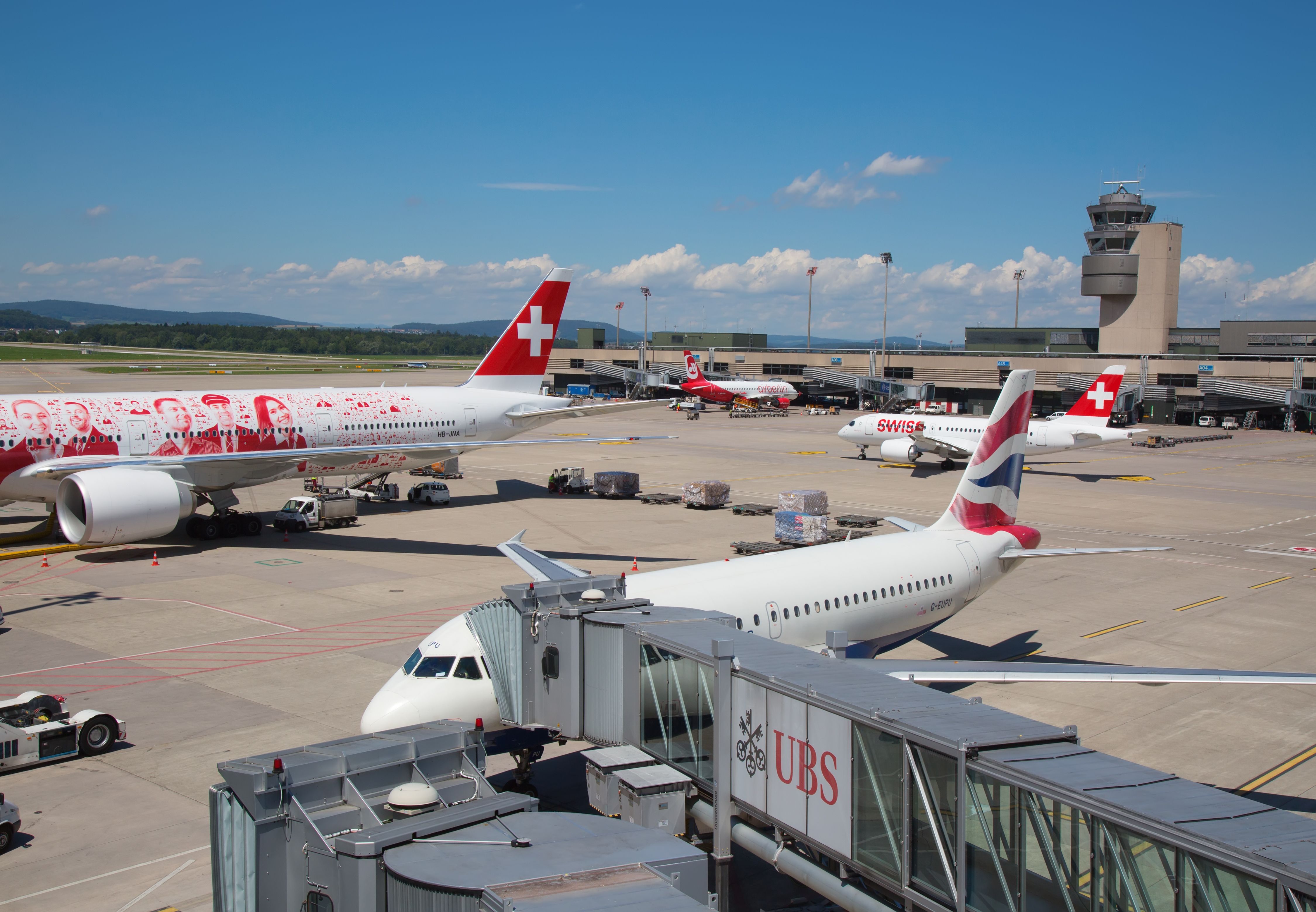Summary
- Flight prices can vary significantly, with potential overcharges of up to £609 ($74) for international trips, depending on the travel comparison site chosen.
- The average price fluctuation among providers is 62%, emphasizing the importance of not relying solely on one comparison site for the best deals.
- In addition to price disparities, different platforms also offer variations in available destinations, number of covered airlines, and user experience, highlighting the need to compare multiple sites for the best options.
Thanks to the vast array of flight booking platforms out there today, booking airline tickets has become a task that demands careful scrutiny. Prices often fluctuate across various websites as a result of complex algorithms, distribution agreements, promotions, and fees. But just how significant is the difference in prices?
Fare frustrations: navigating various booking options
Technology expert Andersen recently released data from an analysis that scrutinized destinations, prices, and features across the UK’s most frequently visited travel comparison platforms (including major providers, like Expedia), encompassing both flights and accommodation. Some interesting insights were uncovered.
Photo: Fedor Selivanov | Shutterstock
The shocking results reveal that travelers might encounter a substantial variation – up to 363% – in flight costs for international trips, depending on the travel comparison site they choose. Individuals could potentially be overcharged up to £609 ($744) for an identical return flight from London Heathrow (LHR).
While the average price fluctuation among the analyzed providers stands at 62%, equivalent to £158 ($193), it underscores the importance of not relying solely on one comparison site when seeking the best deals. The disparities extend beyond pricing, encompassing variations in available destinations, with some platforms offering 110% more stops from LHR.
Additionally, the number of covered airlines exhibits a substantial 143% difference among comparison sites. Adding salt to the wound, customers may experience disparities in the user experience, as only 60% of the analyzed sites facilitate multi-city flight searches, and a mere 20% allow flexibility with travel dates.
What not to do when looking for the best deals
Vice-president of sales at Andersen, Valentin Kuzmenko, warns customers against a “one and done” approach, and instead, encourages individuals to be smart about comparing flight prices when shopping around for tickets.
Photo: SITA
Browsing through different providers is key when it comes to finding the best available prices. Comparison sites are useful because they often offer a range of options, some with significant savings and wallet-friendly packages. However, there is a danger that lies in booking on platforms other than an airline’s official website.
According to Kuzmenko, third-party aggregators are often biased towards specific products due to affiliate partnerships or ad agreements – which means, you may not be getting the best option that suits your schedule or preferences. Nonetheless, he suggests cross-referencing a wide variety of sites, adding:
“Many may overlook niche providers that otherwise offer competitive prices and unique offerings, and they fail to account for personal preferences like individual requirements or filters – particularly those that don’t offer features like flexible booking or direct cancelation.”
Therefore, always make sure to compare multiple sites so that you have a chance of getting the best deal. Consider handy features like “buy now, pay later” services and use filters to get options that best suit your travel plans. Most importantly, always ensure that you are using a trusted, well-established website (checking the reviews always helps!).
Source: Andersen


